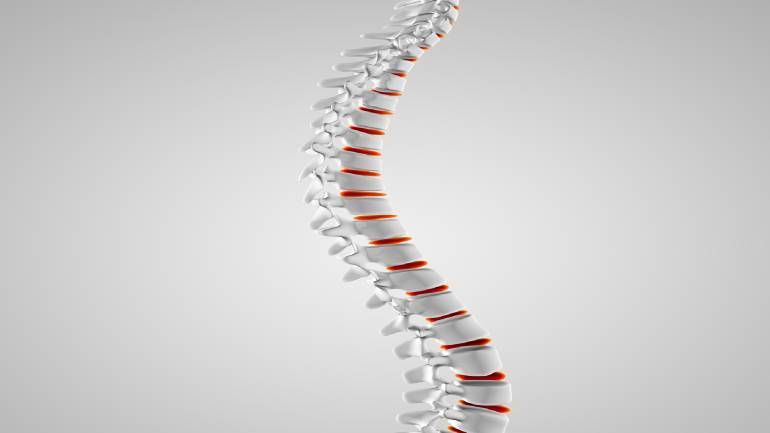Osteopenia is a body condition in which the bones lose minerals like calcium and phosphate, become weaker than normal, and have fractures. When loss of bone mass becomes more acute, the condition is described as osteoporosis. This condition occurs when the body does away with more bone than it generates. In many instances, patients with a genealogical history of this condition are inherently prone to experience osteopenia.
Women have lesser bone density than men and are more likely to get it. Furthermore, women have a higher life expectancy which means their bones age greatly and don’t get as much calcium as men. Calcium is the vital integrant of the bone, where it is present more than 99% as a calcium-phosphate compound, providing firmness and structure to the skeleton. Calcium makes the bone an anabolism reservoir to maintain the subcellular and extracellular calcium pool. At menopause, hormone imbalances soar the chances of osteopenia in women. Conversely, men with lower testosterone levels have high chances of experiencing osteopenia.
What Are the Medical Causes?
Usually, a pre-existing medical condition or treatment triggers this condition in the body.
Eating disorders like anorexia and bulimia can famish your body with the nutrients required to maintain the strength and structure of bones. There are many other causes of osteopenia, as mentioned below:
Untreated celiac disease
Celiac disease, also called celiac sprue or nontropical sprue, is an autoimmune disorder where the body’s immune defence system attacks and destroys healthy body tissue by mistake when triggered by gluten consumption. In due course, this reaction harms your small intestine’s lining and averts it from soaking some nutrients (malabsorption). Gluten is a protein found in wheat, barley, rye, and other grains that gives elasticity to the dough and chewy texture in loaves of bread.
An overactive thyroid
Hyperthyroidism (overactive thyroid) happens when the thyroid gland produces excess thyroxine hormone. Hyperthyroidism can expedite the body’s metabolism, generating unintended weight loss and a rapid or abnormal heartbeat. Consumption of intemperate thyroid medication also plays a significant role in causing osteopenia.
Chemotherapy
Chemotherapy is a pharmacotherapy that uses strong chemicals to eliminate high growing cells in the body. It is mostly used to treat cancer since cancer cells develop and multiply faster than most cells in the body. Radiation exposure can have a significant effect on the bone density reduction condition.
Specific medications
These covers steroids such as hydrocortisone or prednisone and anti-seizure drugs such as carbamazepine (Carbatrol, Tegretol), gabapentin (Gralise, Horizant, Neurontin), or phenytoin (Dilantin, Phenytek).
Are There Lifestyle Causes?
Lack of proper physical exercises, unhealthy habits, and not following a holistic diet plan contributes to this condition; be wary of:
A calcium or vitamin D deficiency in the body
Not exercising daily, especially strength training exercises
Smoking habits
Excess consumption of alcohol
You can prevent this condition by working on a better lifestyle and promoting healthy living. If you pay attention to your body at the right time and make sure that the basic healthy habits are incorporated into your day to day lifestyle, you can ward off from experiencing such a condition. Even if you suffer from osteopenia, you still have time to stop it from turning into osteoporosis.
We provide a cohesive solution for orthopaedic problems utilising the experience and expertise of Orthopedists, Physiotherapists, Chiropractors, Fitness and Foot Orthotics experts who work in conjunction using a unique four-point approach towards holistic wellbeing. We begin with the most suitable diagnostic tests, the emphasis on helping with immediate pain relief, followed by a holistic treatment process (focusing on the root causes of pain and discomfort) and preventive care to avoid cases of relapse and recurrence.





